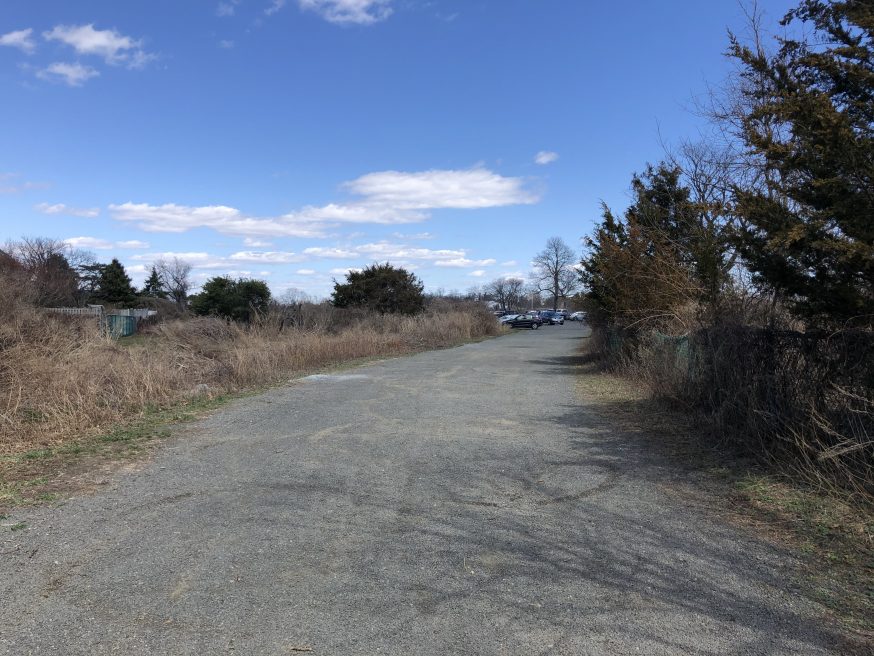There are more than 1 million miles of unpaved gravel roads across the U.S. that serve as essential travel routes for thousands of people every day. This indicates that dust control for gravel roads is a necessary concern for a large number of communities. The dust produced from the travel across these unpaved roads can lead to environmental concerns, health and safety hazards, and even vehicle damage. There are a number of dust control solutions for gravel roads to properly treat and maintain their effectiveness. These solutions include magnesium and sodium chloride products, water application, reducing vehicle traffic and speed, lignosulphonates, and electrochemical stabilizers.
Optimize Dust Control For Gravel Roads using Magnesium Chloride and Sodium Chloride
Calcium chloride and magnesium chloride prove to be the top solutions to dust control. These hygroscopic salts absorb moisture from the air to help dust particles stick together and keep road surfaces damp. Additionally, they act to stabilize unpaved roads, as the products sink into the surface of the roadways. Salts like calcium chloride and magnesium chloride effectively minimize dust production because of their hygroscopic properties preventing dust particles from releasing from the surface of roadways. Magnesium and calcium chloride products last longer and don’t need to be applied as frequently as other dust control solutions to maintain effectiveness.
Water Application for Dust Suppression on Gravel Roads
Keeping the surface of a road damp aids in reducing dust production on unpaved roads. Spraying water over the area is a short-term solution to keeping the road moist, as the water helps dust particles stick together. It can be difficult, however, to routinely water the roads, especially in dry areas with more evaporation. It is also challenging to consistently move large amounts of water to every unpaved road within a community.
Reduce Vehicle Traffic and Speed on Gravel Roads
Fast and frequent travel on unpaved roads contributes to a large production of dust. In fact, decreasing speeds from 40 mph to 20 mph on unpaved roadways can reduce dust emission by 65%. Building speed bumps and adding speed limit signs are a great way to slow down vehicle traffic. In addition, reducing the amount of traffic on unpaved roads decreases dust production. Putting vehicle weight limits, encouraging foot traffic, and carpooling can help to decrease the amount of traffic and thus dust production on unpaved roads. Of course, these solutions require cooperation from the community and may not be a practical solution.
Organic Non-Petroleum Dust Suppressants
Lignosulfonates are a type of organic non-petroleum dust suppressants created from the manufacture of paper. Lignosulfonates effectively minimize dust production because they bind surface particles together and keep dust particles trapped in their sticky solution. While lignosulfonates are naturally occurring and nontoxic, they can be more expensive and not as effective as chloride products. Additionally, they turn the road black in color upon application.
Electrochemical Stabilizers for Dust Control on Gravel Roads
Electrochemical stabilizers, such as sulphonated petroleum or bentonite, neutralize the soil’s affinity for water. This creates strong bonds between the fine dust particles, thus minimizing dust production. While these additives may act as temporary solutions, they are difficult to maintain over time and require heavy machinery to deeply work the electrochemical stabilizers into the road surface. This may not be a feasible solution to transport to various locations, especially within rural communities. Additionally, they are not as effective if the unpaved roadway does not have a high concentration of clay.
Top Recommendations for Dust Suppression for Gravel Roads
While there are ample dust suppressant solutions, the top products for dust control on gravel roads are calcium chloride and magnesium chloride. These hygroscopic salts are the top recommendation due to their lower cost, higher effectiveness, and easier application to unpaved roadways. Choosing the correct dust control solution for your area is just as important as proper application. Rasevic Company offers premium dust control services to help suppress dust production from unpaved and gravel roadways.
Get a Free Quote on Dust Control Today!
If you’d like a quote from Rasevic Companies on dust control or any of their services, just fill out the quick form below.
Request Quote
"*" indicates required fields

